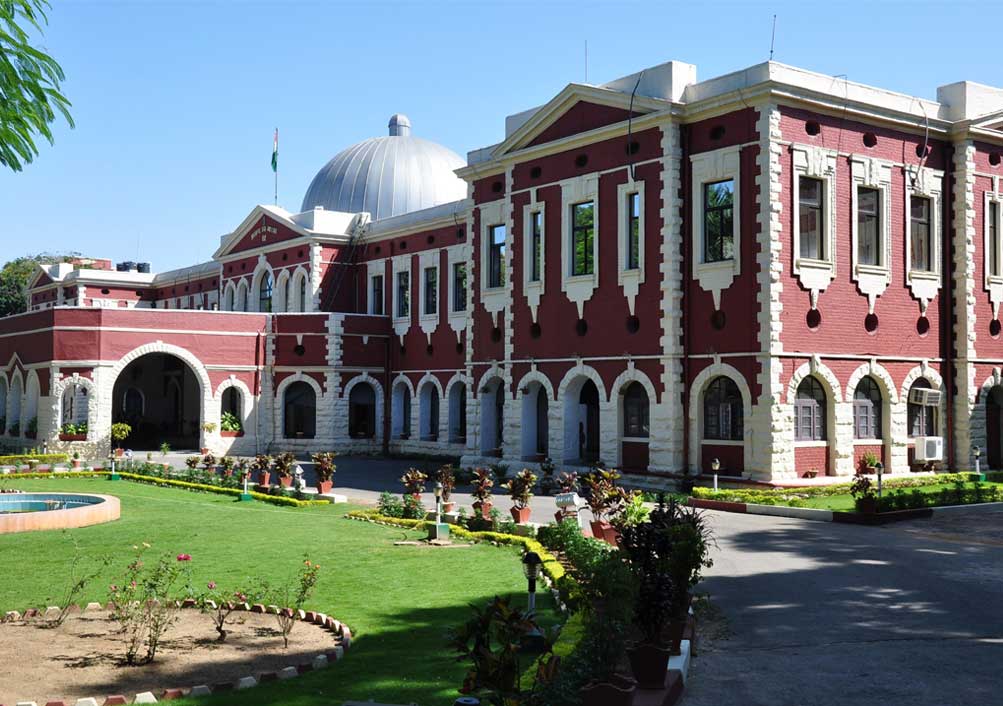In W.P. (T)No. 1719 of 2022 -JHAR HC- Amendment to Rule 89(4) of CGST Rules has ‘Prospective Effect’, rules Jharkhand High Court in relief for Tata Steel
Justice Rongon Mukhopadhyay & Justice Deepak Roshan [21-08-2023]

Read Order: M/s. Tata Steel Limited v. Union of India and Ors
Chahat Varma
New Delhi, September 13, 2023: In a recent decision, the Jharkhand High Court had held that the explanation inserted by way of an amendment in Rule 89(4) of the Central Goods and Services Tax Rules (CGST Rules), which came into effect through Notification No. 14/2022-Central Tax dated 05.07.2022, was not clarificatory and therefore had prospective effect.
In the matter at hand, M/s. Tata Steel Limited (petitioner), a company involved in the manufacturing of iron and steel, procured coal for its operations, which was subjected to GST and Compensation Cess. The petitioner claimed ITC for the Compensation Cess paid on coal purchased. As the petitioner exported goods without paying tax under a Bond/ Letter of Undertaking, it resulted in an accumulation of unused ITC for Compensation Cess. The issue arose when a show cause notice was issued to the petitioner, expressing uncertainty about the value of ‘Turnover of zero-rated supply of goods’ in their refund application. Subsequently, an Order in Original (OIO) was issued, denying a refund of Rs. 1,12,49,220. The denial of refund was based on paragraph 47 of the Circular No. 125/44/2019-GST dated 18.11.2019, which calculated the ‘Turnover of zero-rated supply of goods’ as Rs. 583,86,12,617.
The division bench of Justice Rongon Mukhopadhyay and Justice Deepak Roshan referred to Notification No. 14/2022 – Central Tax dated 05.07.2022 and noted that Rule 1(2) of the 2022 Amendment Rule specifically stated that the rules will come into force upon their publication in the official gazette unless otherwise provided. The notification clearly indicated that except for Rules 7, 9, 10, and 19, which have retrospective operation dates specified, no other rules had been given retrospective effect. In the case of Rule 89(4), the notification did not specify a retrospective date. Therefore, based on the notification itself, the amendment to Rule 89(4) by Rule 8 of the Amendment Rules was deemed to have prospective effect.
The bench noted that the 2022 Amendment Rules inserted a new stipulation for comparison between two values. Such an exercise was not contemplated prior to the amendment as what was taken into account was the actual transaction value. Therefore, by way of the amendment, a substantive change has been brought about in the law and therefore the amendment ought to operate prospectively.
The bench emphasized that the mere use of the term ‘explanation’ does not necessarily indicate that an amendment is clarificatory or declaratory in nature. The bench added that, “It goes without saying that a policy can be changed only by way of an amendment under the parent act and not by a circular….”
Thus, the bench concluded that the explanation inserted by way of amendment in Rule 89(4) of the CGST Rules, which came into effect through Notification No. 14/2022-Central Tax dated 05.07.2022, was not clarificatory.
In all these writ applications, considering that the period involved was prior to the amendment, the Court decided to quash the impugned orders.
Sign up for our weekly newsletter to stay up to date on our product, events featured blog, special offer and all of the exciting things that take place here at Legitquest.




Add a Comment